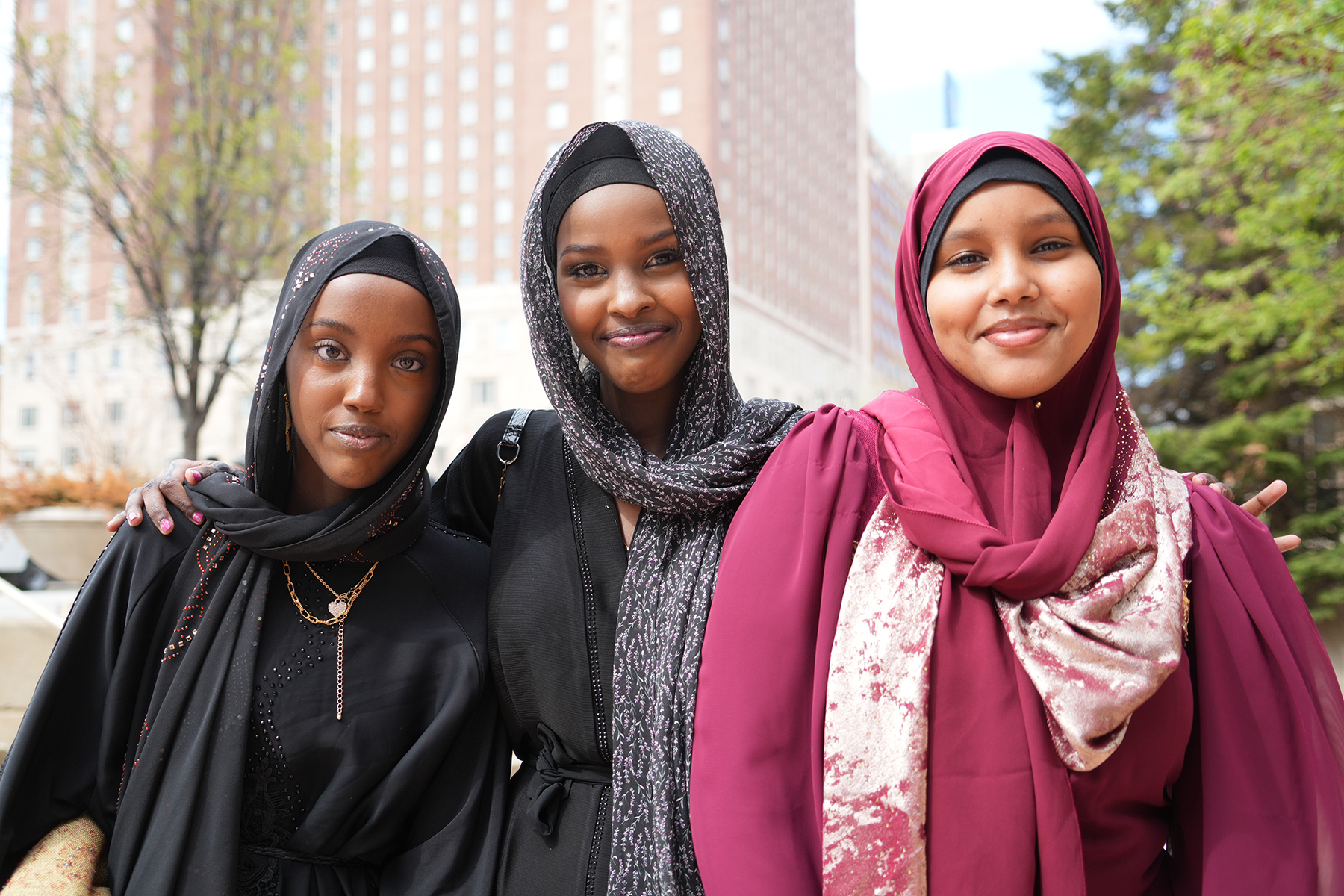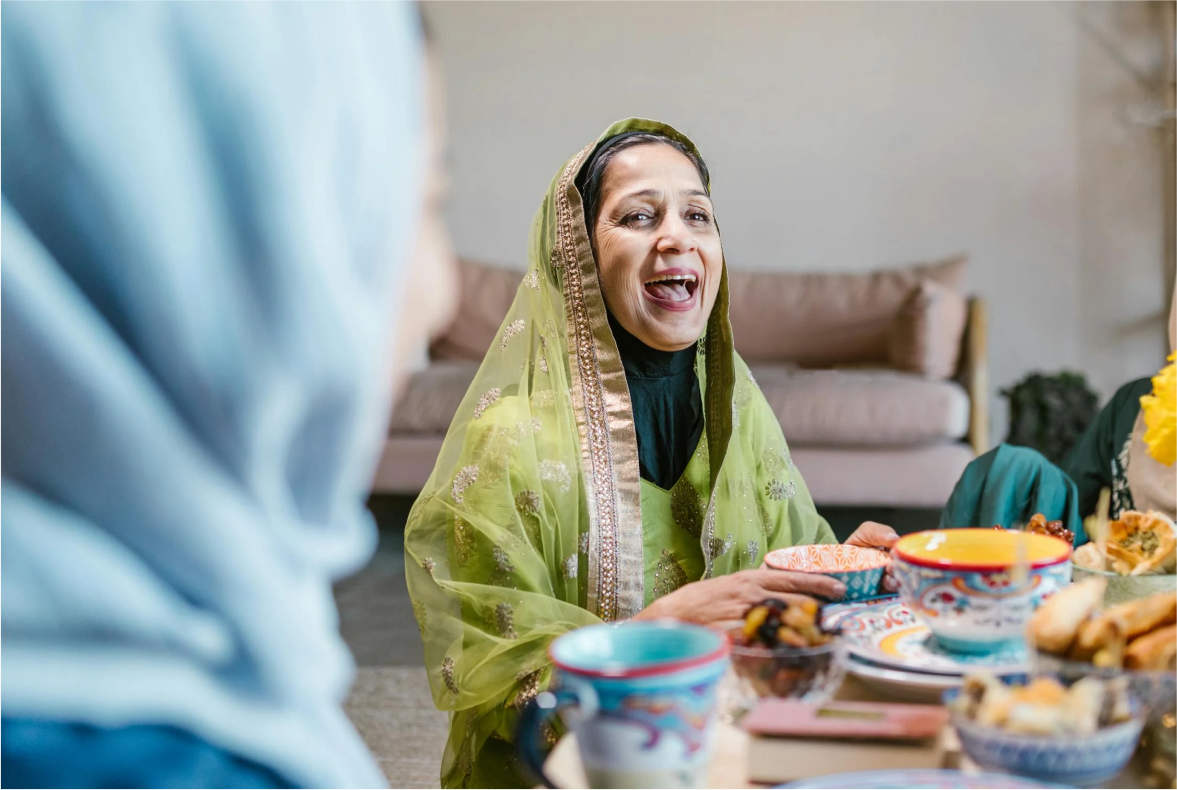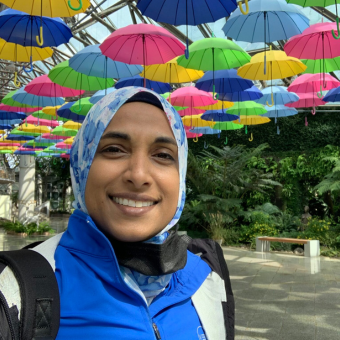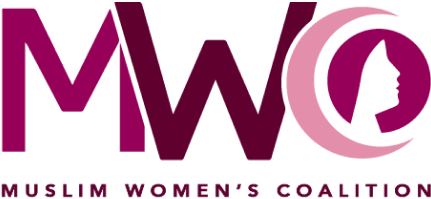Why We Wear Hijab
The hijab, often referred to as the “veil” or head covering, is a practice rooted in modesty, as outlined in the Quran for both men and women. While the hijab’s primary purpose is modesty, it has also come to symbolize various social and political ideas over time, sometimes serving as a marker of class or personal beliefs.
 Guidelines for modest dress between men and women and have diverse interpretations. Muslim women’s dress evokes gender stereotypes and expectations that persist in Western society. Islamic principles seek to enable women to participate freely in society, expressing their faith without fear of harassment.
Guidelines for modest dress between men and women and have diverse interpretations. Muslim women’s dress evokes gender stereotypes and expectations that persist in Western society. Islamic principles seek to enable women to participate freely in society, expressing their faith without fear of harassment.
 Some Muslim women may wear a full-body covering with a face veil, others cover only their hair, and some choose not to cover their hair at all. Similarly, Muslim men may adopt traditional attire that includes long garments, beards, and religious head caps, while others may not follow this practice as closely.
Some Muslim women may wear a full-body covering with a face veil, others cover only their hair, and some choose not to cover their hair at all. Similarly, Muslim men may adopt traditional attire that includes long garments, beards, and religious head caps, while others may not follow this practice as closely.
Women in Islam
Common stereotypes suggest that Muslim women are oppressed, deprived of basic human rights, and forced to wear coverings. However, many of the oppressive practices faced by Muslim women worldwide stem from cultural traditions rather than the religion itself. Similar repressive policies have historically affected women from all backgrounds and continue to persist today.
What often goes unreported in the media is that Islam has historically championed women's rights. Women were granted the right to own property, choose their spouses, participate in public office, and pursue education—rights that were recognized by Islam long before they were embraced in the West. Islam promotes equality between men and women, abolishing practices like female infanticide and the treatment of women as property in 7th-century Arab society.
Throughout history, Muslim women have held influential positions as educators, healthcare professionals, warriors, and political leaders. Many Muslim-majority countries have elected women to high leadership roles, including female heads of state—an achievement yet to be realized in the United States.

Join Our Mission
Your support drives our mission forward. Partner with us today to make a lasting impact!
Indoor Plant Care Class
Thursday, February 5 | 6:30 - 8:30pm | Islamic Resource Center 5235 S. 27th Street, Greenfield, WI 53221
